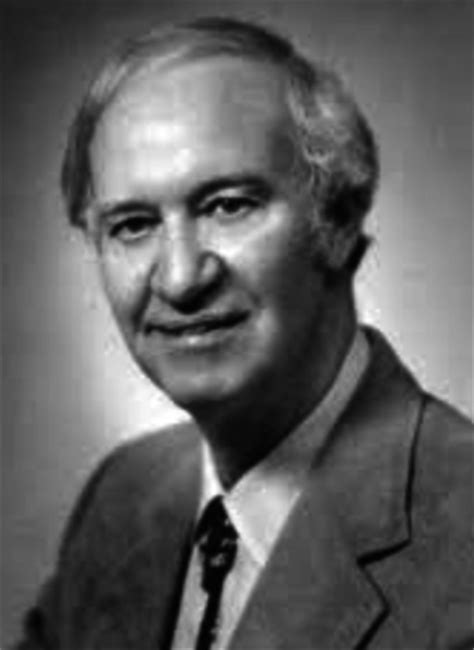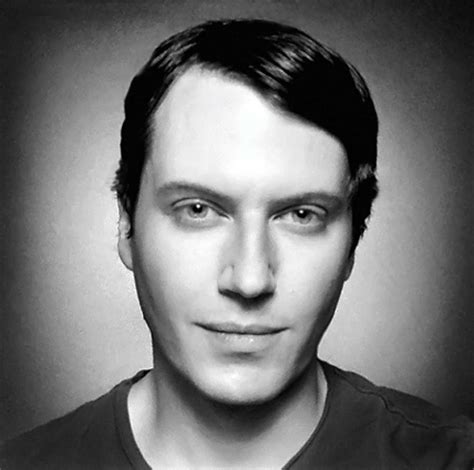A Quote by Garry Kasparov
Anything that we know how we do, machines will do better. Now, the key element of this phrase is, "We know how we do it." Because we do many things without knowing exactly how we do them. So this is the area where machines are vulnerable, because it still has to learn from some kind of experience. It needs something - at least the rules of the game. You have to bring in something that will help the machine to start learning. It's like square one. If there's nothing there, if you can't explain it, that's a problem.
Quote Topics
Related Quotes
The players start to recognise your game, start to know how you move, how you pass, how you shoot and the things become difficult now. So now I need to improve more and to work more and understand more the teams who I play against because they will understand me better, but I need to be prepared to understand better the difficulties they can have.
We will learn no matter what! Learning is as natural as rest or play. With or without books, inspiring trainers or classrooms, we will manage to learn. Educators can, however, make a difference in what people learn and how well they learn it. If we know why we are learning and if the reason fits our needs as we perceive them, we will learn quickly and deeply.
Learn something from marriage. Marriage represents the whole world in a miniature form: it teaches you many things. It is only the mediocre ones who learn nothing. Otherwise it will teach you that you don't know what love is, that you don't know how to relate, that you don't know how to communicate, that you don't know how to commune, that you don't know how to live with another. It is a mirror: it shows your face to you in all its different aspects. And it is all needed for your maturity. But a person who remains clinging to it forever remains immature. One has to go beyond it too.
Machines help us do things more quickly and efficiently, but they can also destroy some community activities. Machines can also throw the weakest people out of work and this would be sad, because their small contribution to the housework or cooking is their way of giving something to the community. People who are capable of doing things very quickly with the help of machines become tremendously busy, always active, in charge of everyone - a bit like machines themselves.
All experiments that are related to the games when you have humans versus machines in the games - whether it's chess or "Go" or any other game - machines will prevail not because they can solve the game. Chess is mathematically unsolvable. But at the end of the day, the machine doesn't have to solve the game. The machine has to win the game. And to win the game, it just has to make fewer mistakes than humans. Which is not that difficult since humans are humans and vulnerable, and we don't have the same steady hand as the computer.
One of my optimistic prophecies is based on the assumption that machines could have the best algorithms in the universe, but it will never have purpose. And the problem for us to explain purpose to a machine is because we don't know what our purpose is. We have the purpose, but we still ... When we look at this global picture, a universal picture, to understand what is our purpose being here on this planet? We don't know.
We do know that we can set certain algorithms for machines to do certain things - now that may be a simple task. A factory robot that moves one object from here to there. That's a very simple top-down solution. But when we start creating machines that learn for themselves, that is a whole new area that we've never been in before.
I can't even consider the prospect of grandchildren because I don't know if there will be anything left for them on Earth. That's how serious the problem is. We can't drink the water or breathe the air, and we're all dying from some sort of cancer. How many generations can sustain that? It frightens me terribly.
Choosing a job or business is the same thing. I'm not the best one to advise someone how to make billions of dollars; I don't know how to do that. But what I do know is how to create something that you love, and once you do that, you will have success. You just will because you'll love working on it, and anything truly authentic, the universe blesses.
Learning how to think really means learning how to exercise some control over how and what you think. It means being conscious and aware enough to choose what you pay attention to and to choose how you construct meaning from experience. Because if you cannot or will not exercise this kind of choice in adult life, you will be totally hosed.
Take Einstein; wasn't he looking for something stable and changeless in this enormous, constantly changing melting pot that is the universe? He sought fixed rules. Today, instead, it would be helpful to find all those rules that show how and why the universe is not fixed - how this dynamism develops and acts. Then maybe we will be able to explain many things, perhaps even art, because the old instruments of judgment, the old aesthetics, are no longer of any use to us - so much so that we no longer know what's beautiful and what isn't.
I can't really write anything without knowing the ending. I don't know how people do that. Even with my superhero stuff, I have to know at least where I want to take the characters and what the ending of my story with them will be. I just can't structure stories or character arcs and stuff without knowing the endpoint.































